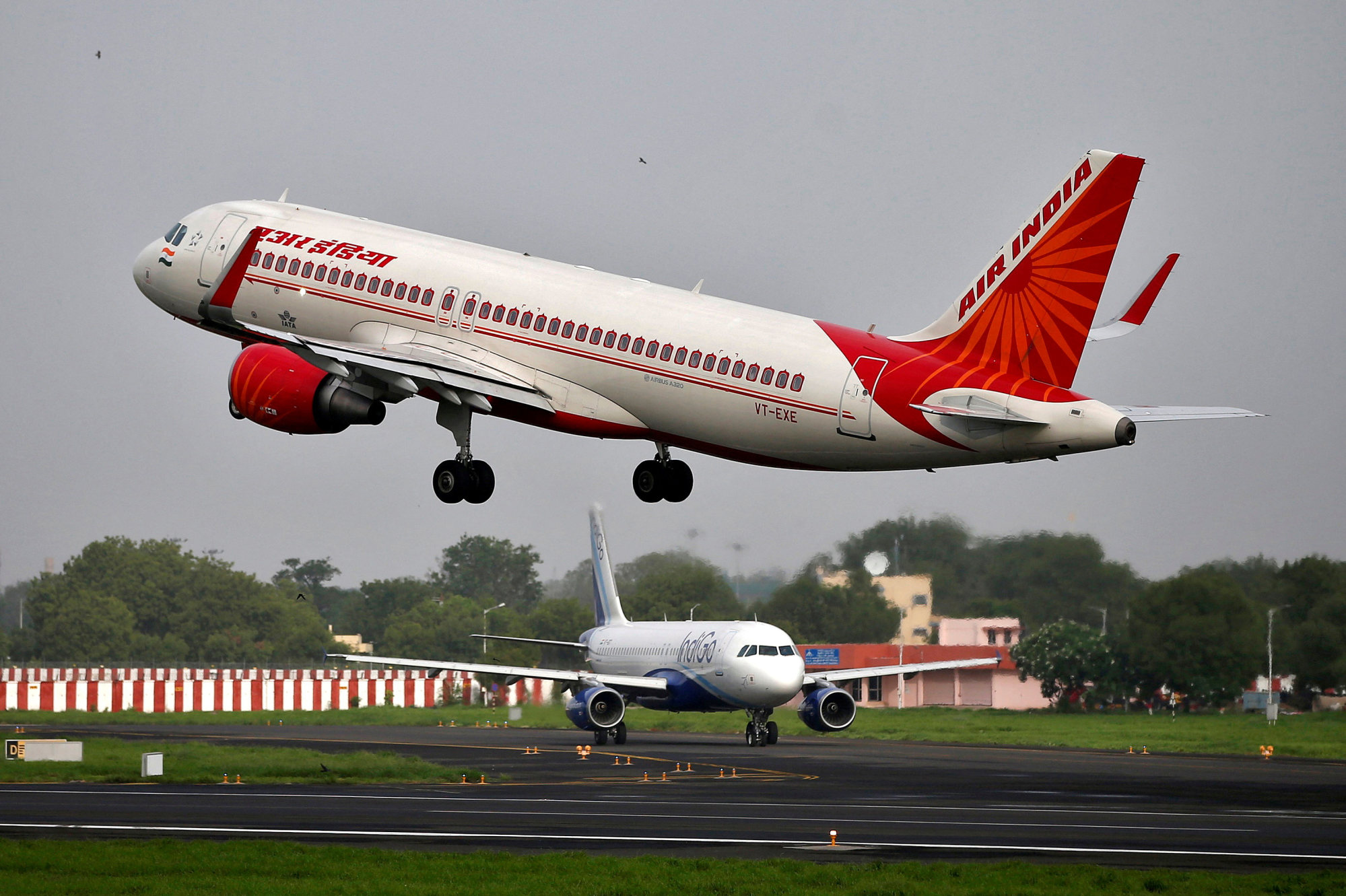
Thailand awaits US$1 billion Chinese tourism boost as it reaches out to India
- PM Srettha Thavisin told a media forum he expects visa waivers for travellers from China to bring in some US$980 million over the next five months
- He also plans to visit India soon to meet Narendra Modi and discuss increasing flight frequency between their nations to boost Indian tourist arrivals
“There aren’t that many incoming flights from India yet due to internal politics,” Srettha said in a media forum on Monday, referring to policies that seek to maintain capacity parity for carriers of both countries.

Srettha’s comments came a week after his cabinet approved temporary visa exemptions for Chinese and Kazakh tourists ahead of the high season. Tourists from the two countries can enter Thailand without a visa between September 25 and February 29 next year and can stay for a maximum of 30 days at a time.
Visit Thailand and have an Indian wedding – at a bargain price
Chiang Mai Airport, located in northern Chiang Mai province, will operate flights on a 24-hour basis from November 1 to accommodate demand from Chinese visitors and the recently approved visa-free policy, government spokesman Chai Wacharonke said after Monday’s cabinet meeting.
“The airport traditionally operates flight time for 18 hours per day, but there has been demand from Chinese, Japanese and Korean tourists for late night flight operations so they can return to work in the morning upon landing in their countries,” said Chai.
Thailand has been ramping up measures to boost the travel industry, a key growth driver of Southeast Asia’s second-largest economy. It aims to raise tourism revenue to its pre-Covid levels, with a target of 3.1 trillion baht (US$86.9 billion) in 2024.
Thailand has welcomed 18.5 million foreign tourists so far this year with as many as 28 million expected by the year-end. Revenue from foreign travellers totalled 775 billion baht as of September 11, according to the tourism ministry. The nation hosted a record 40 million tourists in 2019.

